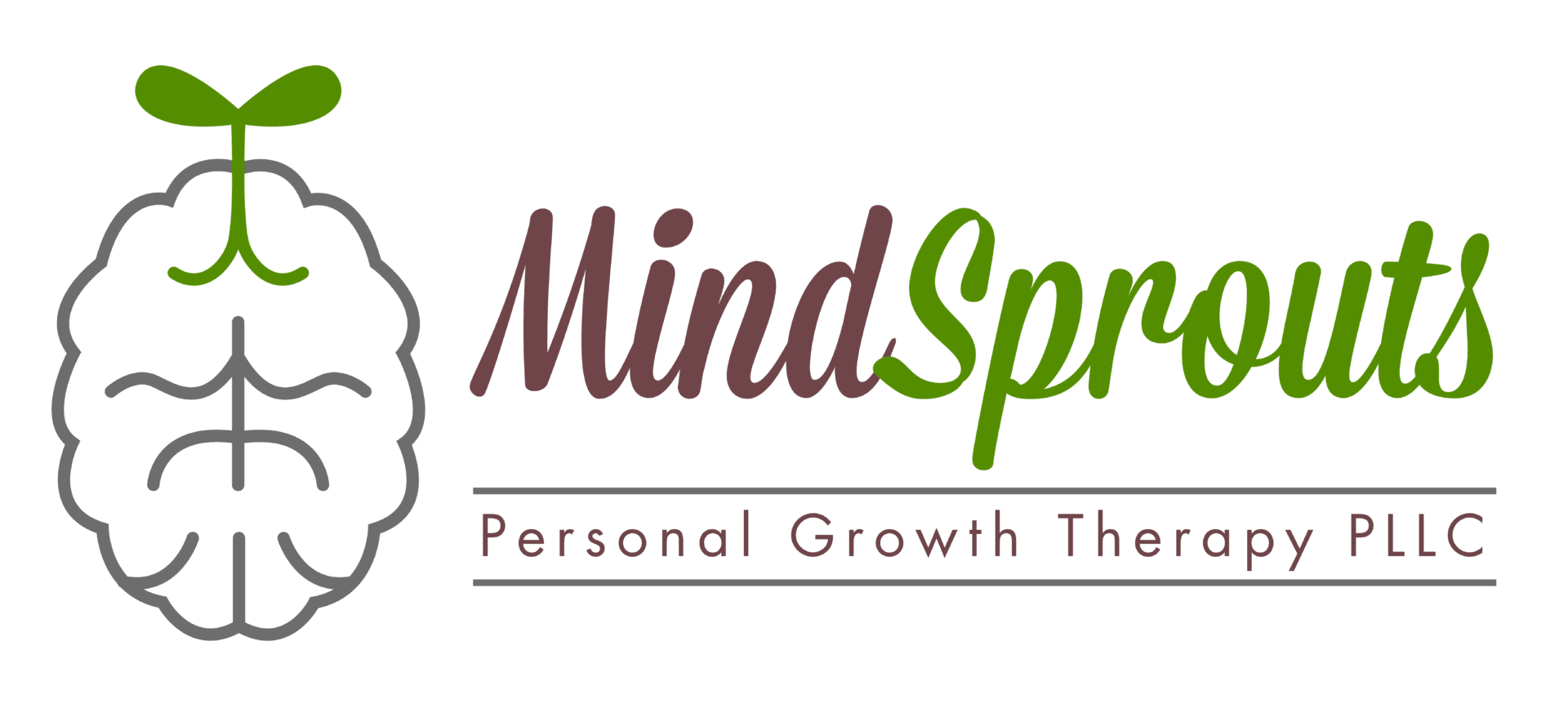Trauma Therapy
Are You Struggling To Feel Good And Function Daily?
Do you feel on edge, distrustful, or disconnected from the world? Do you often feel powerless, hopeless, or embarrassed? Perhaps you feel emotionally and/or physically numb and experience the world as colorless and yourself as robotic. Or, maybe you feel like you’re on a rollercoaster of emotions – easily triggered, feeling out of control, and overwhelmed. Are you consumed with fear or self-blame, constantly replaying trauma and berating yourself? Do you feel like you’re a moment away from falling apart – alone and isolated in grief, fear, and pain? Do you wish you could gain control over your thoughts and feelings, connect with hope, and experience joy in life?
Living with trauma can be an isolating, overwhelming, and frightening experience. The world may feel unsafe, uncertain, and confusing. You may avoid people, places, and activities that remind you of your trauma, worried that you’ll be triggered and lose control. Your relationships may be suffering, as it can feel hard to trust others or even yourself. If you experienced childhood abuse or neglect, you may struggle to create and maintain healthy relationships. If you survived an accident, rape, or combat, you may no longer know how to relate to your partner or trust in your own safety. Your sense of productivity and focus may also be failing, as it’s hard to quiet your mind long enough to concentrate and stay present in your surroundings. And, you may have turned to drugs, alcohol, food, sex, or self-injury as a way to avoid pain, feel something different, or to feel anything at all.
If You Are Suffering With A Trauma History, You Are Not Alone
Trauma is prevalent in our society. According to research conducted by the National Council on Behavioral Health, 70 percent of American adults will experience some form of trauma at least once in their lives. Some people experience trauma during childhood through abuse or neglect. Others experience trauma through a rape, accident, disaster, war, or other catastrophic event.
Although everyone experiences trauma uniquely, many people experience similar feelings and issues as they try to navigate their lives following trauma events.
Trauma Can Cause:
Damaging thoughts and beliefs about yourself
Typically, trauma survivors hold thoughts and beliefs about themselves that are either negative or self-destructive. You may see yourself as damaged and not good enough. You may not see yourself as deserving goodness in your life. And, due to negative thoughts and beliefs, you may even self-sabotage potential successes and positive relationships. It can be a struggle to accept positive comments and love from others. If you suffered abuse in childhood, you may not have a strong sense of self and wonder, “Who am I?”
Self-blame
It’s common for trauma survivors to report blaming themselves, at some level, for the event. You may believe that you should have tried harder, told someone, never worn that outfit, or gone to that place. Some people believe that they somehow could have changed the course of events. Survivors of childhood trauma often report feeling that the abuse occurred because they were not good enough. It can be difficult to accept and believe facts about the event.
Control issues
Trauma survivors are faced with the reality of not having full control over traumatic events. Feelings of helplessness and powerlessness can be difficult to navigate. In an attempt to avoid these feelings, survivors tend to engage in controlling behaviors, such as eating issues, obsessive/compulsive thoughts and behaviors, addictions, perfectionisms, and relationship issues. For example, a survivor might focus on counting calories, intake/output, exercise, weight restricting, and binging/purging in an attempt to stay in control of eating habits and relieve anxiety.
Poor emotional regulation
It’s common for trauma survivors struggle with their pain. There can be a tendency to either avoid emotions by shutting off feelings or to become overwhelmed by grief. Many survivors vacillate between different emotions and/or feel out of control.
Relationship struggles
Traumatic events can change every aspect of a survivor’s life, including relationships. When soldiers return from war, they are changed and relate differently to their loved ones. Survivors of child abuse and neglect may not know the difference between healthy and unhealthy relationships. Often, childhood abuse and neglect strike at the very core of a person’s being and dramatically impact his or her ability to form secure attachments with others.
Addressing the above core issues is key to change and growth. Trauma therapy can help you process your trauma, work through these challenging issues, and find the relief you are seeking.
Trauma Therapy Can Help You Gain Control Of Your Life
Trauma can have a substantial impact on your life, but there is hope for relief. Through working with an experienced, compassionate trauma therapist, you can experience improved functioning and gain control of your life.
In safe, confidential sessions, I can help you explore yourself and your history. I’ll assess your coping skills and teach you new, healthy ways to cope with stress, pain, and other challenging emotions. Throughout our work together, I’ll facilitate the integration of trauma information; however, the goal is not for you to re-experience the trauma. Rather, we’ll acknowledge the trauma related thoughts and feelings. Oftentimes, clients fear their feelings and try to avoid pain, which can keep them stuck. As scary as it may sound now, addressing your feelings can provide significant relief. Once you’ve developed healthy coping strategies and feel able to safely explore, you’ll have the opportunity to face and process your feelings. You are not alone. I will meet you where you are emotionally, offer you support, and help you learn new ways of interacting with others.
As our work continues, I can help you identify, explore and address problematic thoughts and beliefs. You can learn how to embrace new, more positive ways of thinking and being. As you process trauma and let go of fear, you can begin to enjoy an increased self-understanding, new methods of coping, and a different perspective on yourself.
Regardless of what you experienced or how long ago your trauma occurred, there is always hope for healing. If you are avoiding your trauma or using unhealthy coping methods, trauma therapy can help to change the course of your life. With the help of an experienced therapist and the right approach to healing, you can explore and address your issues, learn healthy ways to cope, manage symptoms, challenge negative thoughts, and begin feeling better while functioning with more ease in the world.
You still may have questions or concerns about trauma therapy…
Will talking about what happened make me feel worse?
In all honesty, there may be times during trauma therapy that you do feel worse. However, you will not be alone as you experience challenging emotions and work through painful feelings. And, throughout the process, you will learn how to better regulate your emotions and tolerate distress. We’ll take sessions at a pace that feels comfortable for you, and we’ll work on using healthy coping skills.
I feel shame about my trauma. I think I’ll be judged.
While it can feel scary to divulge secrets and painful thoughts, I am here to support and guide you through the healing process. I see you as a survivor and will not judge you or your experience. I’ve been helping people work through trauma for nearly a decade. I will provide you with a warm, compassionate, and confidential space to explore your thoughts, feelings and experience.
I’ve heard that trauma therapy is expensive and takes a long time.
I urge you to consider trauma therapy as a vital investment in your current and future wellbeing. If Trauma was left untreated, it may negatively impact all aspects of your life. It’s also important to note that your motivation and willingness to heal directly impacts the quality and length of therapy. If you’re ready to heal, it’s possible to process trauma effectively and gain control of your life.
You Can Process Trauma And Come Out The Other Side With Improved Functioning
I invite you to send me a message through the Contact form. I’m happy to discuss your specific needs and to answer any questions you have about trauma therapy and my practice.




